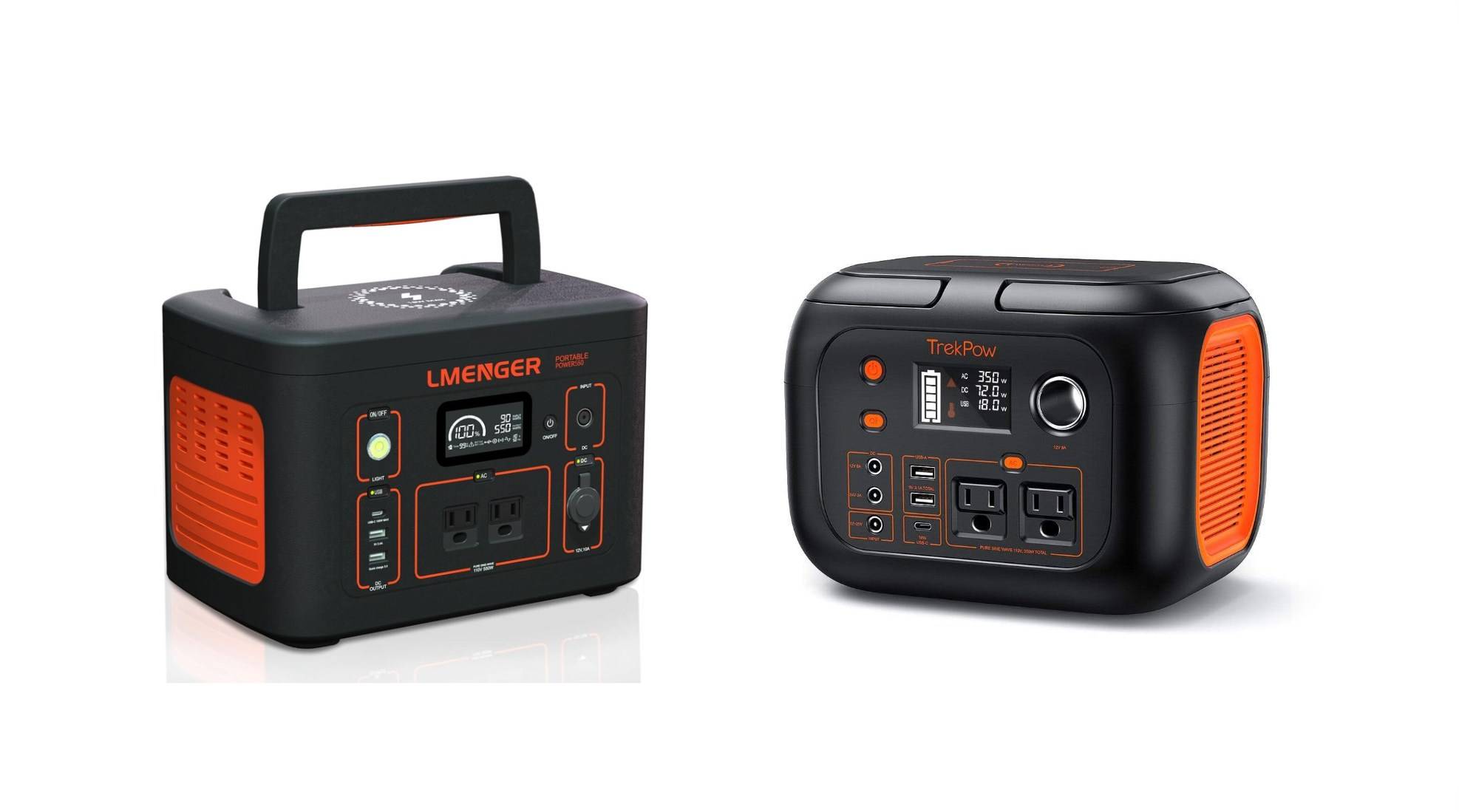A solar generator harnesses sunlight to provide clean, renewable energy for various applications, making it an ideal choice for outdoor activities and emergency backup power. Understanding how these devices work, their advantages and disadvantages, and how to select the right one can help you make informed decisions. This guide explores essential aspects of solar generators.
What is a solar generator?
A solar generator is a portable power system that converts sunlight into electricity using photovoltaic (PV) panels. It typically includes an inverter to convert direct current (DC) from the panels into alternating current (AC) for powering devices, along with a battery for energy storage. This setup allows users to access electricity without relying on traditional fuel sources.
| Component | Function |
|---|---|
| Solar Panels | Capture sunlight and convert it into electricity |
| Battery | Stores electricity for later use |
| Inverter | Converts DC to AC electricity |
How does a solar generator work?
Solar generators work by utilizing PV panels to absorb sunlight, which generates DC electricity. This electricity is then directed to charge an internal battery. When power is needed, the inverter converts the stored DC electricity into AC power, allowing users to run household appliances and devices.
What are the advantages of solar generators?
The advantages of using solar generators include:
- Renewable Energy Source: They rely on sunlight, which is free and abundant.
- Environmentally Friendly: Solar generators produce no emissions during operation.
- Quiet Operation: Unlike gas-powered generators, they operate silently.
- Low Maintenance: With fewer moving parts, they require minimal upkeep.
| Advantage | Description |
|---|---|
| Renewable Energy Source | Utilizes free sunlight |
| Environmentally Friendly | No emissions produced |
| Quiet Operation | Operates silently |
| Low Maintenance | Requires minimal upkeep |
What are the pros of using solar generators?
Pros include:
- Cost Savings: After initial investment, there are no fuel costs.
- Portability: Many models are lightweight and easy to transport.
- Versatility: Can be used for various applications, including camping and emergency backup.
What are the cons of solar generators?
Cons include:
- Initial Cost: Higher upfront costs compared to traditional gas generators.
- Limited Power Output: May not provide enough power for larger appliances without additional capacity.
- Weather Dependence: Performance can be affected by cloudy or rainy conditions.
| Cons | Description |
|---|---|
| Initial Cost | Higher upfront investment required |
| Limited Power Output | May not support heavy-duty appliances |
| Weather Dependence | Performance varies with weather conditions |
How do solar generators compare to traditional generators?
When comparing solar generators to traditional gas-powered models:
- Fuel Costs: Solar generators have no ongoing fuel costs, while gas models require regular refueling.
- Noise Levels: Solar models operate quietly compared to noisy gas engines.
- Environmental Impact: Solar generators produce no emissions, whereas gas-powered units contribute to air pollution.
| Comparison Factor | Solar Generators | Traditional Generators |
|---|---|---|
| Fuel Costs | None | Ongoing refueling costs |
| Noise Levels | Quiet | Noisy |
| Environmental Impact | Zero emissions | Emits pollutants |
What factors should you consider when selecting a solar generator?
When choosing a solar generator, consider:
- Power Requirements: Assess what devices you need to power and their wattage needs.
- Battery Capacity: Look for sufficient storage capacity in watt-hours (Wh) to meet your usage demands.
- Portability: Evaluate weight and size based on how you plan to use it.
What are the best applications for solar generators?
Best applications include:
- Camping Trips: Providing power for lights, cooking appliances, and charging devices.
- Emergency Backup Power: Keeping essential devices running during power outages.
- Outdoor Events: Supplying energy for sound systems or lighting at festivals or gatherings.
Buy Wholesale Battery Tips
For those considering wholesale purchases of batteries or related products, partnering with a reliable manufacturer like Redway Battery, known for its extensive experience in lithium battery production, is crucial. To make OEM orders effectively:
- Define your specifications clearly.
- Communicate regularly with the manufacturer throughout the process.
- Ensure compliance with safety standards.
Industrial News
Recent trends indicate a surge in demand for renewable energy solutions like solar generators as consumers seek sustainable alternatives amid rising energy costs and environmental concerns. Innovations in battery technology continue to enhance performance and efficiency in this sector.
Redway Expert Views
“Investing in quality solar generators not only provides reliable power but also contributes positively to environmental sustainability,” states an expert from Redway Battery.
FAQ Section
- What can I power with a solar generator?
You can power small appliances like laptops, lights, phones, and other low-wattage devices. - How long does it take to charge a solar generator?
Charging times vary based on panel size and sunlight conditions but generally range from several hours to a full day. - Are there maintenance requirements for solar generators?
Most require minimal maintenance; however, keeping panels clean and checking connections periodically is recommended.



